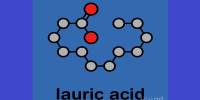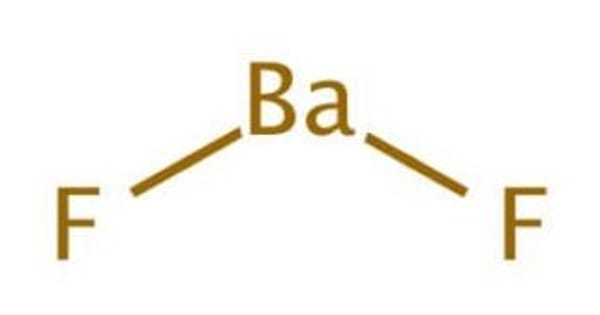Heavy metal detox, or detoxification, is the removal of metallic toxic substances from the body. Heavy metal poisoning is the accumulation of various heavy metals in your body. In conventional medicine, detoxification can also be achieved artificially by techniques such as dialysis and (in a very limited number of cases) chelation therapy. Environmental and industrial factors expose you to high levels of heavy metals every day, including the foods you eat and the air you breathe.
A heavy metal detox aims to remove excess heavy metals from the body. Heavy metals produce a toxin called free radicals. Many are familiar with this term as it relates to cosmetic aging, but not as it relates to health.
There is a firm scientific base in evidence-based medicine for this type of detoxification. For people with low but regular exposure to heavy metals, which can build up in the body, a heavy metal detox may help prevent a variety of chronic conditions. The most common metals that impact humans are lead, cadmium, arsenic, aluminum, mercury, and chromium. Toxicity occurs when you are exposed to high levels, usually over a prolonged period of time. Many alternative medicine practitioners promote various other types of detoxification such as “diet detoxification”.
The detox is performed to rid the body of toxic metals. Some foods and medicines can help remove heavy metals from the body. Toxic heavy metals are virtually everywhere and are present in things we come in contact with every day, such as aluminum cans and aluminum foil, batteries, metal cookware, old paint, and even the foods we eat. Using such substances for this purpose is known as a heavy metal detox. For instance, pesticides and herbicides, are a common source of heavy metals. The concern over mercury and other heavy metal toxins are a hot, and controversial topic for people who worry about their health. As a result, most of us are carrying around heavy metals that have been with us for almost our whole lives and which have burrowed deep inside our tissues.
Toxic metals, including heavy metals, are individual metals and metal compounds that negatively affect people’s health. Some of these metals — such as zinc, copper, and iron — are good for you in small amounts. In very small amounts, many of these metals are necessary to support life. But overexposure can lead to heavy metal poisoning, such as what occurs in Wilson’s disease.
However, in larger amounts, they become toxic. Heavy metal toxicity can affect the function of organs such as the brain, the liver, and the lungs. They may build up in biological systems and become a significant health hazard. Having high levels of heavy metals in the body can also reduce energy levels and affect blood composition.
Information Source:
















